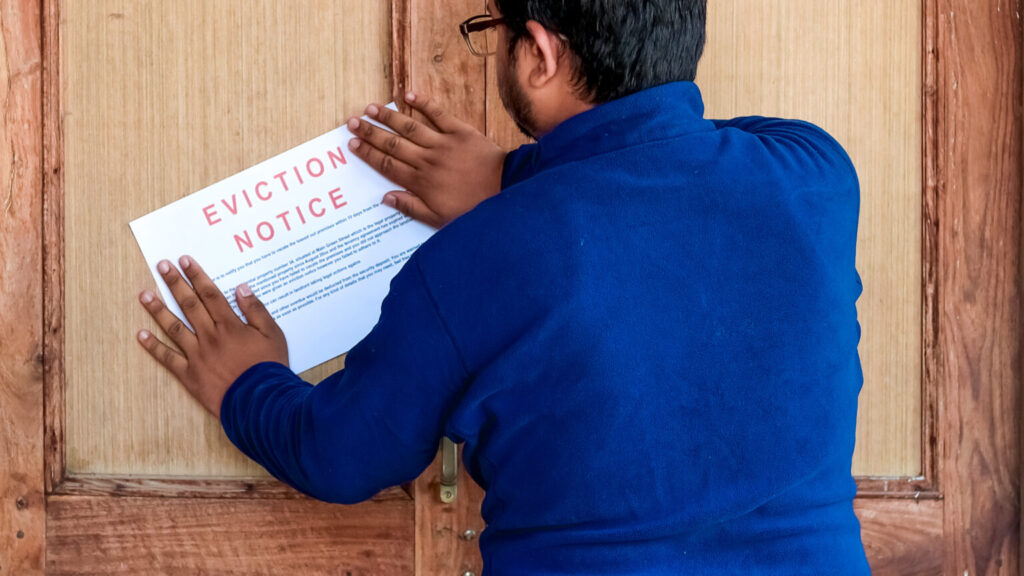Navigating the process of evicting a tenant can be complex, especially in a diverse legal environment like Dubai. Understanding the proper procedure is crucial to ensure compliance with local laws and regulations. Here’s a step-by-step guide on how to file an eviction notice in Dubai:
1. Understand the Legal Grounds for Eviction
Before initiating the eviction process, ensure that you have valid grounds for eviction. Common reasons include:
- Non-payment of rent
- Breach of tenancy agreement terms
- Need for the property for personal use
- Expiry of the lease term without renewal
2. Review the Tenancy Contract
Check the tenancy agreement for any specific clauses related to eviction. This contract may outline procedures or notice periods that you need to follow.
3. Prepare the Eviction Notice
Draft a formal eviction notice, which should include:
- The tenant’s full name and address
- The landlord’s details
- The reason for eviction
- The deadline for the tenant to vacate the property
- Any legal or contractual references supporting the eviction
Make sure the notice complies with the Dubai Rental Law (Law No. 26 of 2007, as amended by Law No. 33 of 2008).
4. Serve the Eviction Notice
Deliver the eviction notice to the tenant in person or by registered mail. Ensure that you keep a record of the delivery to prove that the tenant received the notice.
5. Wait for the Notice Period to Elapse
According to Dubai’s rental laws, you must give the tenant sufficient notice before taking further action. The notice period generally ranges from 30 to 90 days, depending on the reason for eviction and the lease agreement terms.
6. File a Complaint with the Rental Dispute Settlement Centre (RDSC)
If the tenant does not vacate the property within the notice period, you can file a complaint with the Rental Dispute Settlement Centre (RDSC) under the Dubai Land Department. Provide all necessary documentation and evidence to support your claim.
7. Attend the Court Hearing
You may be required to attend a court hearing where both parties can present their cases. Be prepared to provide evidence and answer questions related to the eviction.
8. Obtain a Court Order
If the court rules in your favor, you will receive a court order for eviction. This order will be enforced by the Dubai Police or the relevant authorities if necessary.
9. Coordinate the Eviction Process
Once you have the court order, work with local authorities to coordinate the eviction process. Ensure that the tenant is given a chance to collect their belongings and vacate the property in an orderly manner.
10. Handle the Property
After the tenant has vacated, inspect the property for any damage or outstanding issues. Make any necessary repairs and prepare the property for the next tenant.
Filing an eviction notice requires careful attention to detail and adherence to legal procedures. By following these steps, you can ensure a smooth and lawful eviction process in Dubai.





